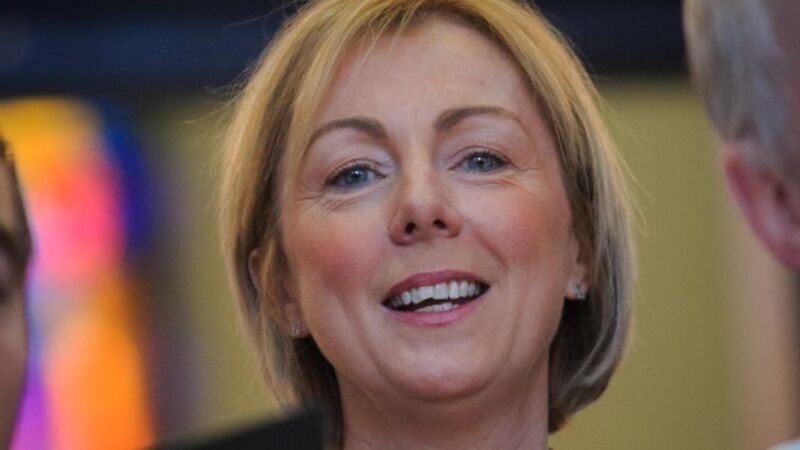Mandatory pensions form part of radical system shake-up

From 2022, employees without private pensions will be enrolled automatically in a retirement savings scheme in order to address the massive pensions deficit looming over the country.
Those who do not want to avail of the scheme will have to opt out, it was confirmed.













